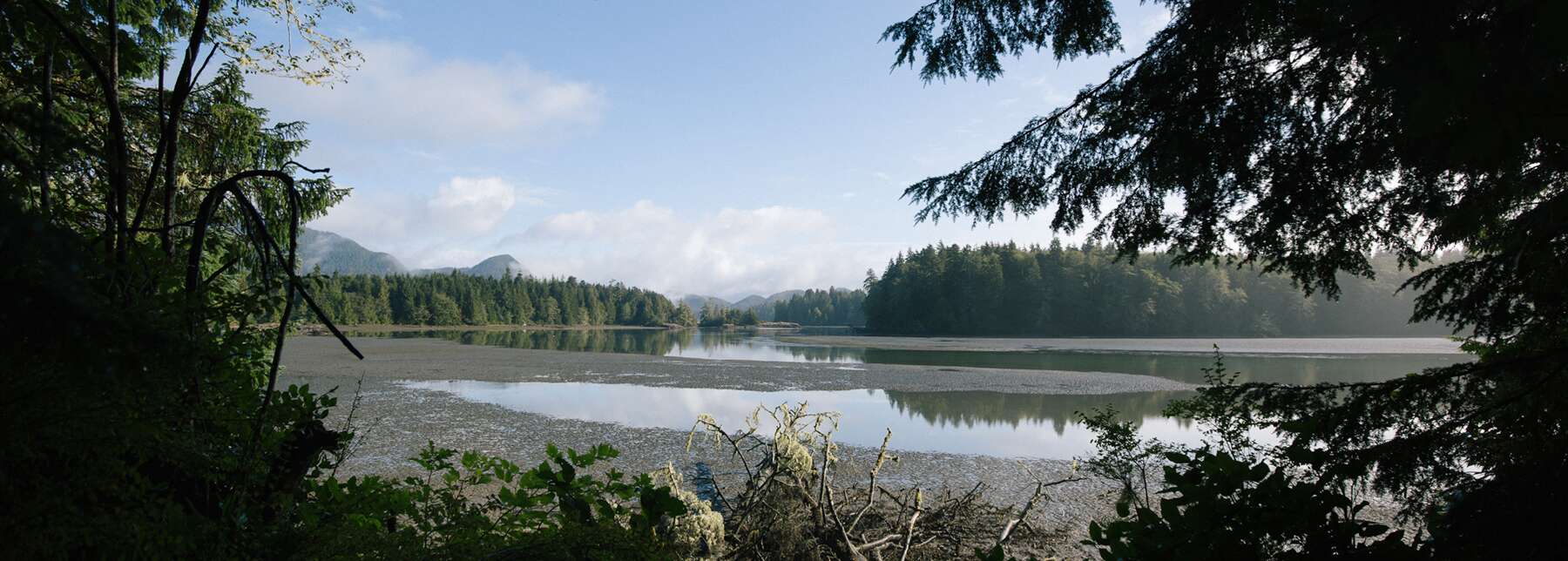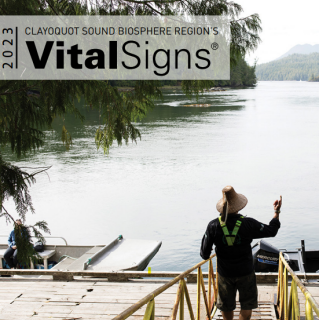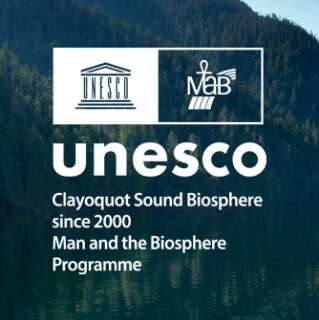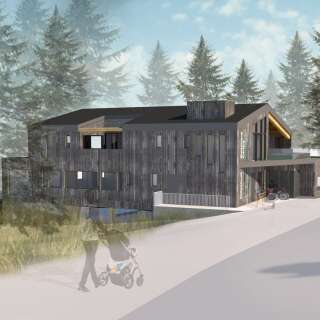Regional Forum

On October 18th, 2023 the Clayoquot Biosphere Trust (CBT) facilitated a regional forum. Over 65 individuals convened virtually and in person on ƛaʔuukʷiʔatḥ (Tla-o-qui-aht First Nations) territory at TinWis, fostering meaningful connections, sharing insights, and cultivating strong relationships. Participants included representatives from First Nations, local governments, organizations, businesses, and individuals involved in environmental research, stewardship, restoration, and sustainable development.
What we heard:
Updates from 25 groups about what they’ve been working on and are planning for the future – identifying areas for future collaboration. Roundtable updates can be found in the meeting notes.
Afternoon discussion topics included: training opportunities, youth involvement, project and funding coordination, and climate adaptation action plans. A few takeaways:
• Getting youth involved through practical training and certifications can help to address capacity challenges in the region in the long term.
• Access to training and certifications needs regional coordination.
• In-person networking meetings help to reduce duplication and increase collaboration between partners.
• Projects should have support from First Nations and should address how they add capacity to First Nations.
Where we go from here:
The CBT is grateful for the interest and participation, and we are looking forward to facilitating a regional forum again in the spring. Feedback so far suggests that the next regional forum will have a focus on smaller group discussions, more time for informal conversations, and continue to include the roundtable updates.
For more information, access the meeting minutes HERE.
If you have any questions/comments, please reach out to janessa@clayoquotbiopshere.org.



